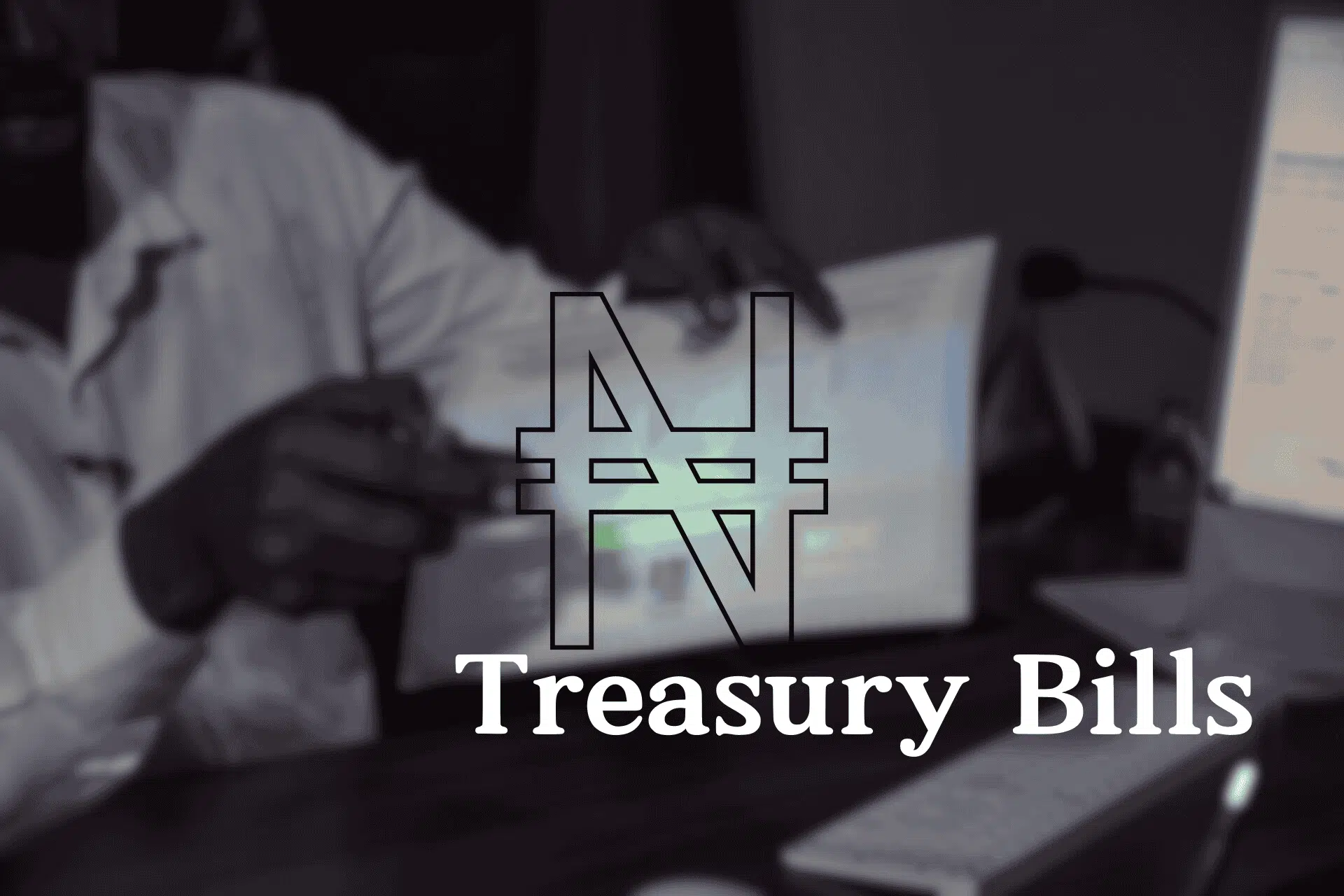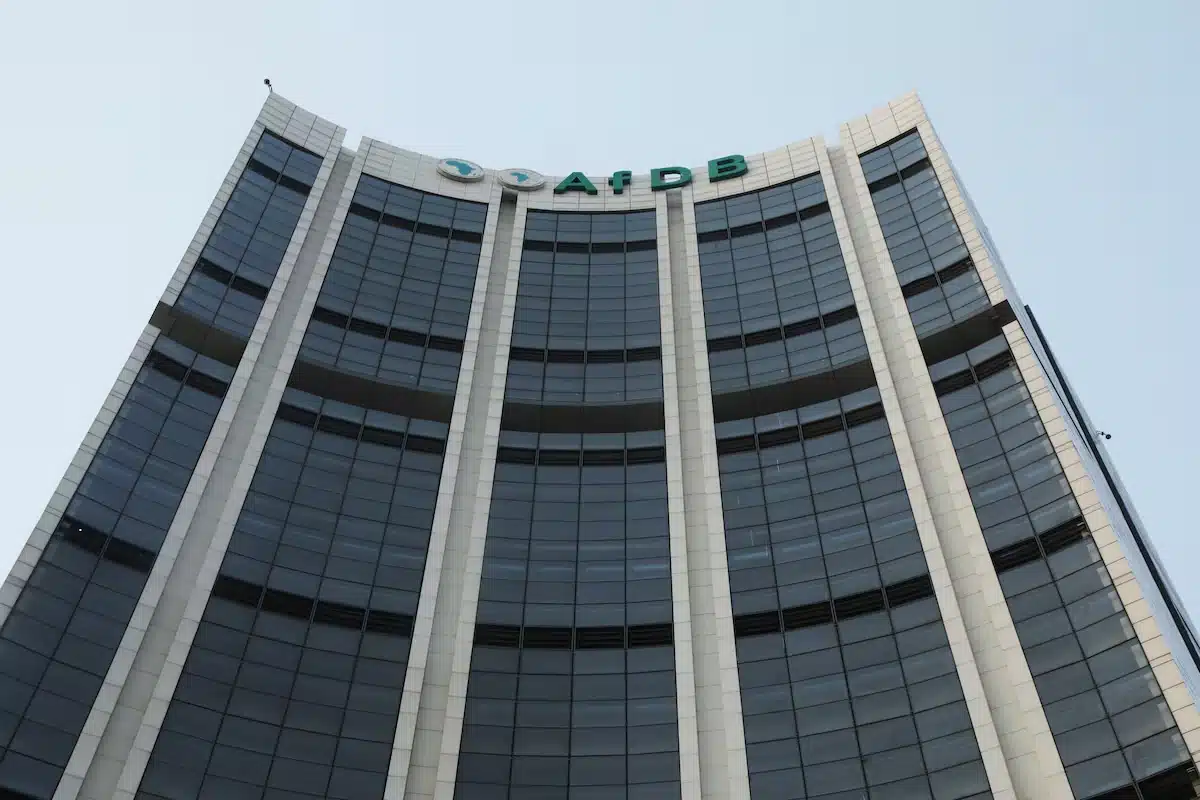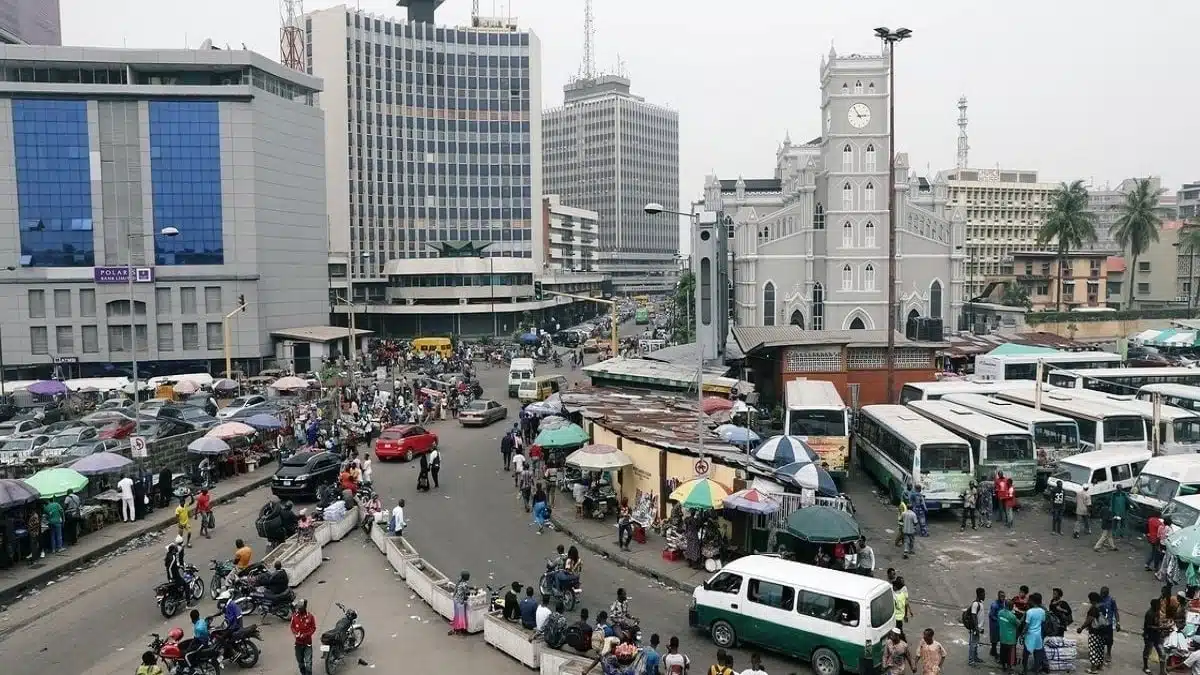Nigeria’s latest treasury bills auction recorded massive interest, with the Debt Management Office (DMO) offering ₦530 billion and receiving bids worth ₦2.53 trillion. This represents an oversubscription rate of nearly 400%, underscoring the strong appetite for fixed-income instruments.
The auction included three tenors: 91-day, 182-day, and 364-day bills.
Subscriptions for the shorter 91-day and 182-day tenors fell below the DMO’s offers of ₦50 billion and ₦80 billion, with bids of ₦26.53 billion and ₦17.91 billion respectively. Interestingly, the 364-day bills dominated demand. Investors placed bids totaling ₦2.49 trillion for the 364-day bills, far exceeding the ₦400 billion on offer.
Just like the previous auction, longer term instruments seem to be the preferred option for treasury bill investors. With a stop rate pf 21.80% for the latest auction, the government has been able to borrow at a cheaper rate compared to 22% from the last one.
Following the subscriptions, the DMO issued ₦756 billion to investors, with the largest share going to the 364-day bill. This highlights a growing preference for safe, high-yield government instruments
What this means
Following this outcome, ₦1.7 trillion worth of bids were unmet or rejected during the auction. This will likely lead to increased activity in the secondary market as investors try to purchase already issued treasury bills.
Before the auction, yield at the secondary market already slipped by two basis points to settle at 25%. We can expect even lower yields if funds from the auction get diverted to the secondary market.
While these funds might get moved to other assets like corporate bonds, or commercial papers, chances are, these funds would be placed in short-term money market instruments until the next auction.
The big picture
According to Punch, the surge in demand for long-term treasury bills is logical given the current high-interest-rate environment.
In February 2024, the Central Bank of Nigeria (CBN) raised the Monetary Policy Rate (MPR) by 400 basis points, from 18.75% to 22.75%. This marked the beginning of a series of consecutive rate hikes, culminating in a peak of 27.5% by November 2024.
The current investor sentiments with treasury bills show signs of a possible MPR rate cut in the near future, and investors are looking to lock in their funds at high interest rates.
Why it matters
The scramble for treasury Bills by institutional investors tells us that there’s less money going to private businesses who need credit to grow their business.
Aliko Dangote, CEO of Dangote Group, one of Nigeria’s largest companies, already decried the country’s high interest rates as it meant businesses wouldn’t be able to create jobs and increase economic productivity.
With high interest rates making it difficult for businesses to borrow from institutional lenders, lenders are also opting for the high yield and predictability for a government-backed instrument like treasury Bills.
While, some Nigerian banks have seen positive investments following the CBN’s recapitalisation exercise, the broader implications remain unclear.
Stay tuned for more analysis of this trend on private sector funding, credit and the broader economy.






